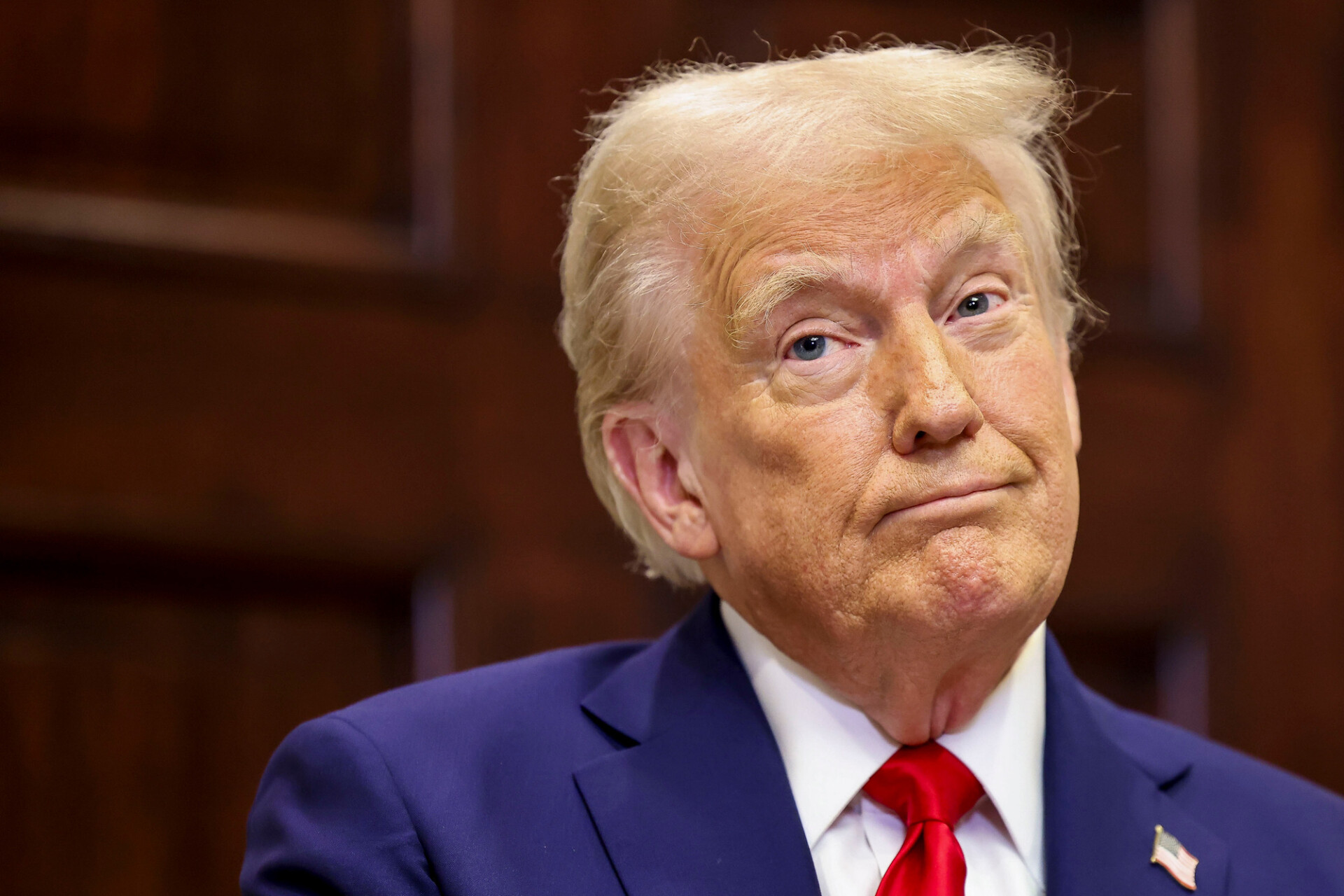Donald Trump’s decision to withdraw the US from the World Health Organization (WHO) has caused predictable conniptions among public health experts. It’s the second time Trump has made this move. The first was in July 2020, six months before the end of his first term. Given that the formal process for a country to exit WHO takes over a year, there was only limited practical impact before Joe Biden was able to reverse the policy. This time, the decision has been taken at the very start of a four-year term, suggesting that the WHO faces a truly serious crisis.
The official reasons given for the withdrawal are the WHO’s mismanagement of the Covid pandemic, refusal to countenance reforms, and — in a thinly-disguised reference to China — the “inappropriate political influence of WHO member states”.
Concerns over the WHO predate the pandemic. Over many years, it has moved from focusing directly on reducing the global burden of disease towards a preoccupation with influencing public health policy in a particular ideological direction. This has seen the WHO push for the global legalisation of abortion along with the implementation of radical policies on transgender rights and sex education. Never mind that in many of its member states, the majority of people remain firmly opposed to such moves.
Indeed, the fact that the WHO’s recommendations to children aged six and even younger should include information about “early childhood masturbation” and that 9 to 12-year-olds should be enabled to “make a conscious decision to have sexual experiences or not” might be seen by some as more than enough justification for any country to leave the organisation.
However, it was the Covid pandemic that really saw momentum build for withdrawal. On almost every issue, the WHO seemed to be on the wrong side of both evidence and ethics. It acceded to Chinese pressure to dismiss the lab-leak theory, backed lockdowns, argued in favour of school closures, promoted masks even in primary schools, supported vaccinating children, and refused to oppose unethical vaccine mandates.
The ineffectiveness of most mainstream pandemic policies is well-known, to say nothing of their disastrous impact on education, mental health and economic and social wellbeing. But not only did the WHO pressure member states to implement these failed approaches, it also made strenuous efforts to ensure critical voices were shut down. The WHO actually boasts of how it worked both with social media companies and national governments, including Britain’s, to censor alternative views.
And now, far from reflecting on its failures, the WHO has sought to double down, pushing its controversial new pandemic treaty. The original draft would have given the organisation the power to force national governments to impose restrictions and mandates during a pandemic. That proved to be a step too far for many countries and the WHO was forced to tone down its proposals. But even now, the aim seems to be to entrench the WHO’s role and influence above national governments. No wonder the Trump administration, with its America First agenda, is not minded to look any more favourably on the WHO than it did in 2020.
So where does the WHO go from here? Optimists inside the organisation may believe that Trump’s announcement is really about money. The US is by far the biggest annual WHO donor (the second is the Gates Foundation), something Trump has frequently highlighted. They might judge that Trump will not want to risk China becoming even more influential in a post-US WHO and that a lower funding settlement will be enough to persuade him to bring America back into the fold.
Proceeding on that basis could prove a risky strategy. Exiting the WHO was a popular move among Trump’s core supporters. Further, Elon Musk, now so influential in the Trump administration, has long warned against countries ceding authority to supranational bodies such as the WHO, while Robert F. Kennedy Jr, nominee to be the next US health secretary, is a well-known opponent of much of its agenda.
In that context, it seems unlikely that Trump will reverse course, even if he is offered a reduced membership bill. And, if the WHO somehow manages to persuade other countries to make up for the loss of American funds, it is hard to see how it can maintain its legitimacy and influence without the US on board.
The WHO may now face a difficult choice between a gradual decline into irrelevance or undertaking a fundamental reform of its ethos and agenda. For a start, that would mean the organisation recognising the many serious mistakes it has made. Recent experience does not provide confidence that the WHO will be willing or able to go down such a path.











Join the discussion
Join like minded readers that support our journalism by becoming a paid subscriber
To join the discussion in the comments, become a paid subscriber.
Join like minded readers that support our journalism, read unlimited articles and enjoy other subscriber-only benefits.
Subscribe